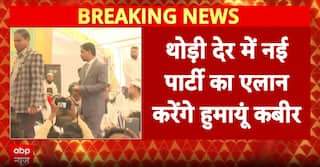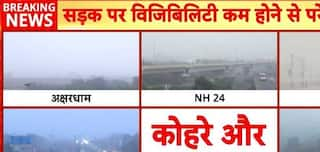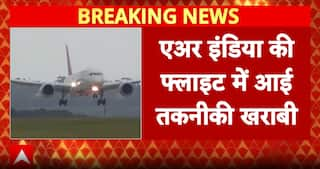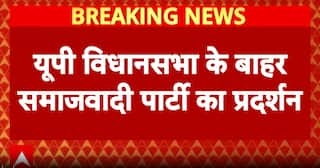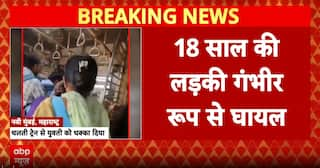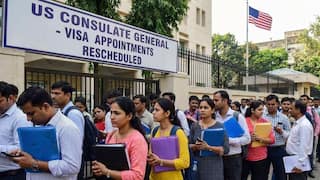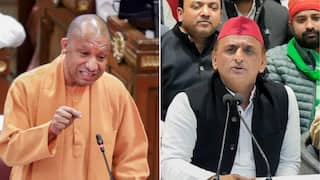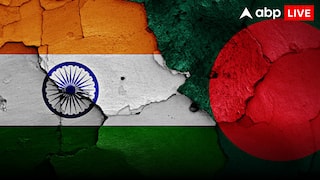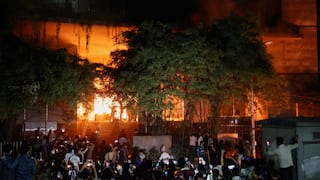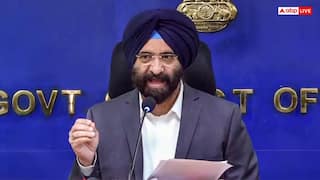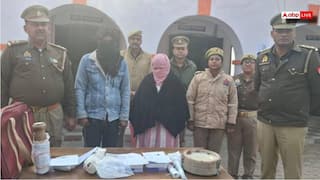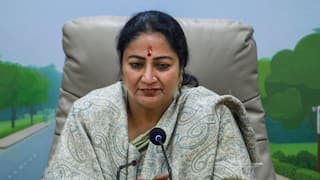Core Indian values, ethos have no place for intolerance: Venkaiah Naidu

New Delhi [India], June 25 (ANI): On the 43rd anniversary of emergency on Monday, Vice President of India M. Venkaiah Naidu said that any citizen who violates the freedom of a fellow citizen would have no right to be called an Indian.
Speaking during the launch of the Hindi, Kannada, Telugu and Gujarati versions of the book ' Emergency: Indian Democracy's Darkest Hour', which was originally authored by veteran journalist A. Surya Prakash, in the national capital, he said, "It is because he is hurting the Constitution of India and all that India has stood for ages. So, as citizens of India, let us resolve to defend democracy and the fundamental rights of all the citizens."
"The core Indian values and ethos have no place for intolerance. That is why all the major religions of the world flourish in our country. Pluralism is ingrained in our outlook. Indian has taken into its lap all those who had come here for different reasons including the invaders and plunderers," he added.
Addressing the issue of intolerance in the name of religion and cow vigilantism by "misguided citizens", Naidu said, "But we need to guard against 'intolerance' on the part of certain misguided citizens. We have been occasionally witnessing some such words and deeds of intolerance by some citizens in the name of so-called cow protection, Love Jihad, eating habits, watching films etc. Such incidents lead us to the point that individual freedoms can be in full play only when every citizen respects such freedoms of fellow citizens."
"Post emergency, the state apparatus would think twice before riding roughshod over the liberties and freedoms of citizens. But it is the enlightened citizens who would enable fuller manifestation of such liberties and freedoms," he added.
Naidu highlighted the pluralistic culture of the Indian society and attributed it to the existence of multiple religion and faith in the country.
He said, "Pluralism is ingrained in our outlook. Indian has taken into its lap all those who had come here for different reasons including the invaders and plunderers."
Calling the 1975 Declaration of Emergency the "darkest hour of democracy" he said the period bestowed several lessons for the country, the leadership and the citizens.
Pointing out the confusion that had emerged as a consequence of emergency, Naidu said, "With dissent stifled, media muzzled and even the well-meaning not able to speak up to the coterie behind the Emergency, the government of the day lost connect with reality on the ground. The IB and other agencies of the government that lost the direction made big virtues out of the so-called improved discipline in government offices, trains running on time etc."
Describing the perils of the imposition of emergency, Naidu described how the freedom of the press was curtailed by the then Government and its implications.
He said, "Virtually, during those 21 months, the democracy in our country was sterilized, sapping it of its profound energy and vitality."
The Vice President also recalled the 21 months of emergency and how electricity supply was cut off to newspapers to prevent their publication and journalists with integrity and honesty were arrested, jailed and police was set after them and their family members harassed.
He also said. "The author of these books Surya Prakash was warned of dire consequences by the Karnataka Government after he published the news of harassment of Lawrence Fernandes and other reports of excesses by the state machinery and his parents constantly worried about his safety."
He pointed out how newspapers critical of the establish them would be cut off from advertisements, and how journalists would be threatened if they refused to toe the line of the government.
He said, "Equality before the law is enshrined in the saying "Be you ever so high, the law is above you". But during those 21 months, it was brazenly violated with the Supreme Court becoming a mute party to placing some individuals above the law."
Highlighting his own struggle during the period, he said, "I was a student activist those days and was active on matters of public importance. I went underground for two months coordinating resistance to Emergency. I was then arrested and jailed for over seventeen months. That jail term brought me close to the veterans of opposition, writers and journalists. It gave me a clear perspective of life, the country, politics and it's negative side and the larger purpose. "
He said that he felt it was important for the citizens of the country to know about the period if of emergency.
"It is to sensitise citizens to the adverse consequences of losing out on such rights and freedoms, I gave a detailed list of the aberrations of emergency," the Vice President said.(ANI)
This story has not been edited. It has been published as provided by ANI










